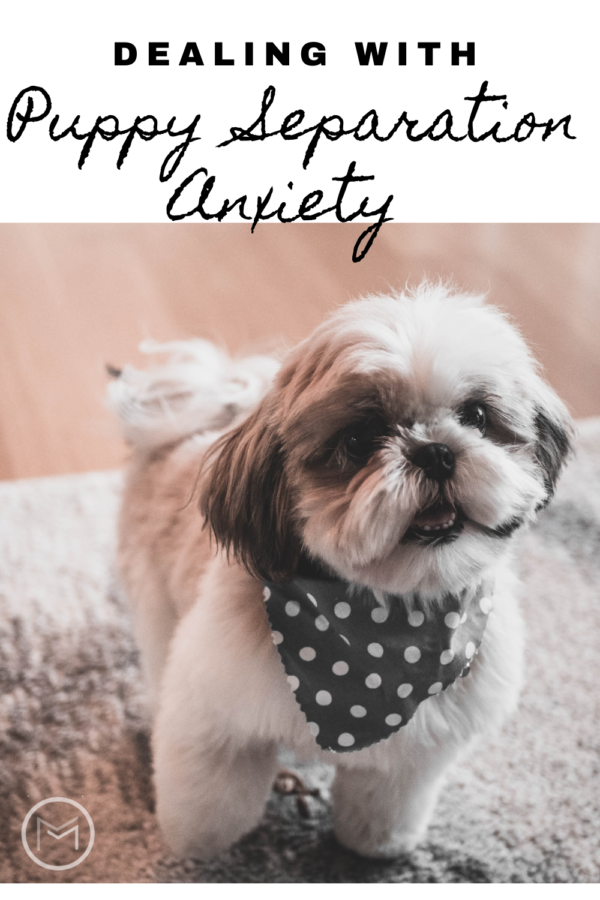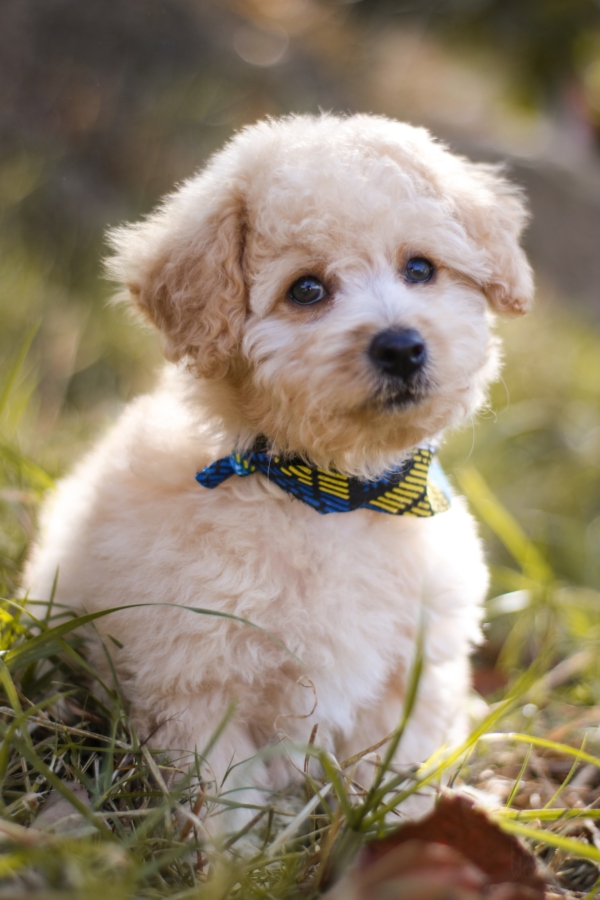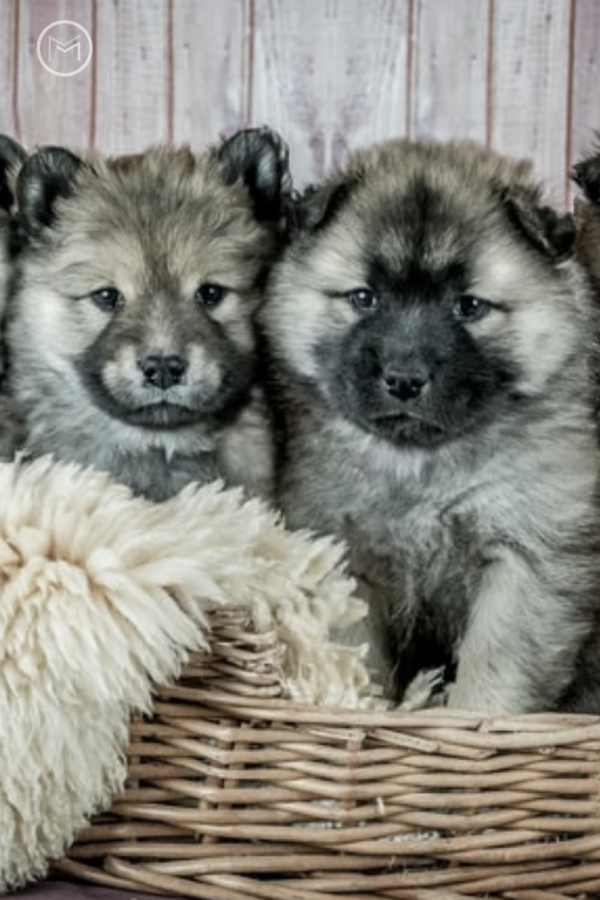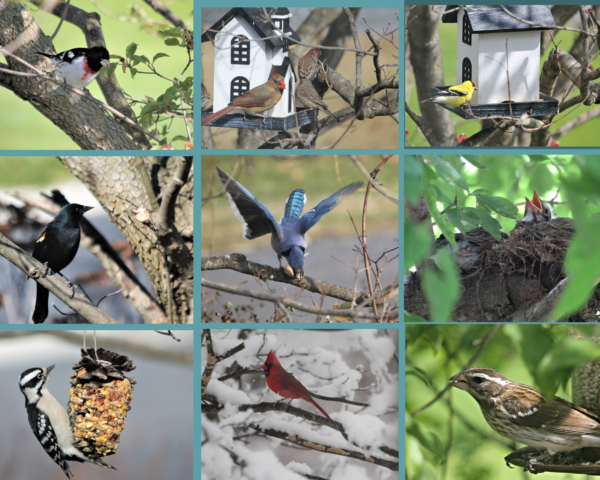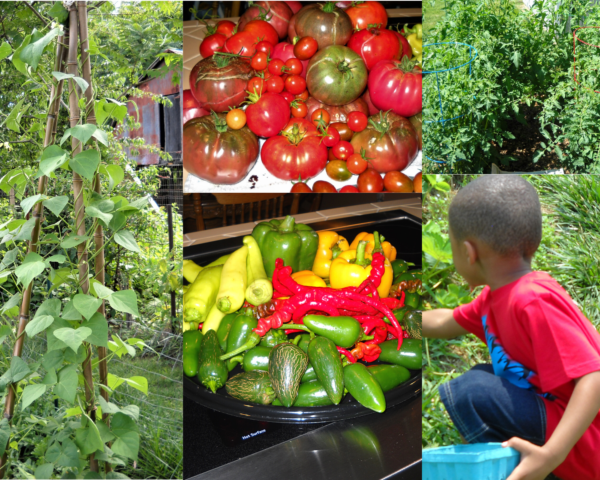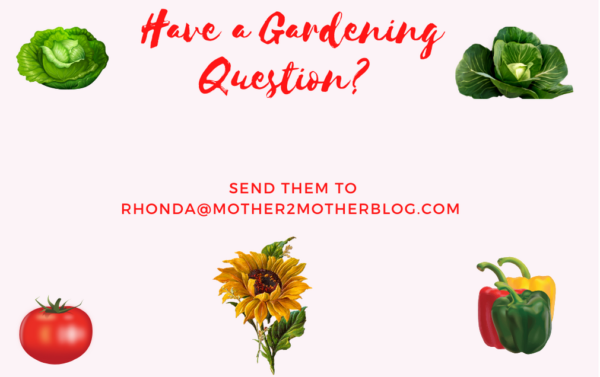Today, I’m sharing gardening tips on repelling dogs from your garden. A pet can make your life easier. They are a part of most families, and they not only provide companionship, but can improve your social life, provide emotional support, and reduce blood pressure, anxiety and depression.
Even so, owning a pet has its fair share of the downside. Taking care of one is time-consuming; some pet foods are pretty expensive, you have to take regular trips to the veterinarian, and it can be dangerous if you have an infant.
If you own a garden, you know how strenuous it can be to protect your seedlings and other plants from your pets. Your dog could be digging up your carrots while the neighbor’s cat is using your flower garden as a litter box.
Fortunately, there are ways to pet-proof your garden to protect it from domestic animals. Read on.
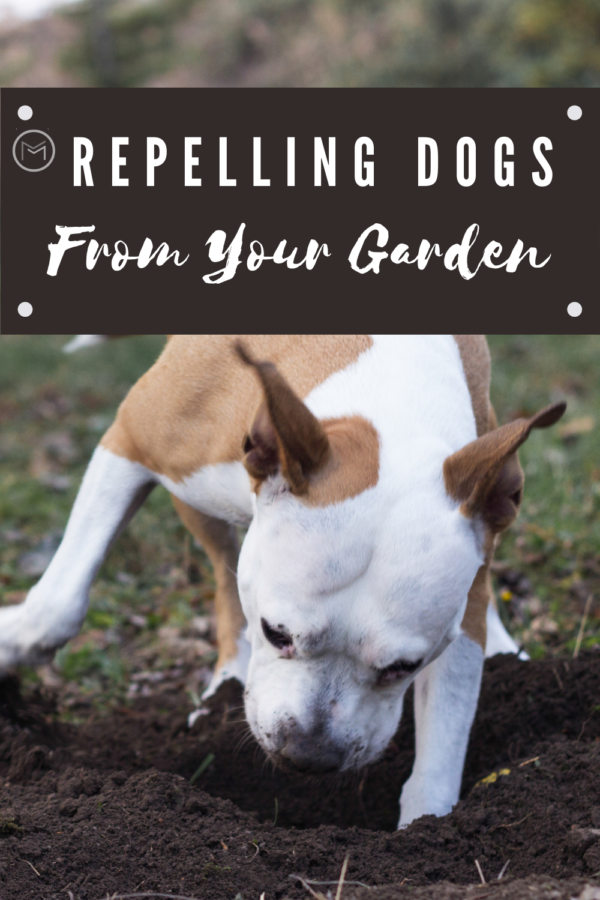
Repelling Dogs From Your Garden
Repelling Dogs From Your Garden Using Animal Decoys
Mounting an animal decoy in your garden can make a visual impact with dogs. This method is most applicable for night visitors such as racoons and bunnies. But, animal decoys can also stop dogs from entering your garden.
You can invest in various types of animal decoys, but most importantly, consider those that can move. A stationary animal decoy can work for a day or two, but if you want to keep pets and birds away from your garden long term, use a bait that can move. For example, tying a rope to a plastic owl so that it sways can convince pets that the garden is on guard.
Keep Your Pets Occupied
Another effective way to keep pets away from your garden is to keep them occupied. For instance, if you want to prevent your dog from digging up your carrots, you can create a play area with bare soil for them to dig in. Give them a few toys that they enjoy, and may bury to keep them busy.
Reward them for good behavior with ginger treats for dogs . They will motivate them to continue digging in that area. Furthermore, having a digging pit for your dog is a surefire way to prevent them from messing up your garden. Also, ensure to enclose it to keep them from moving to your garden.
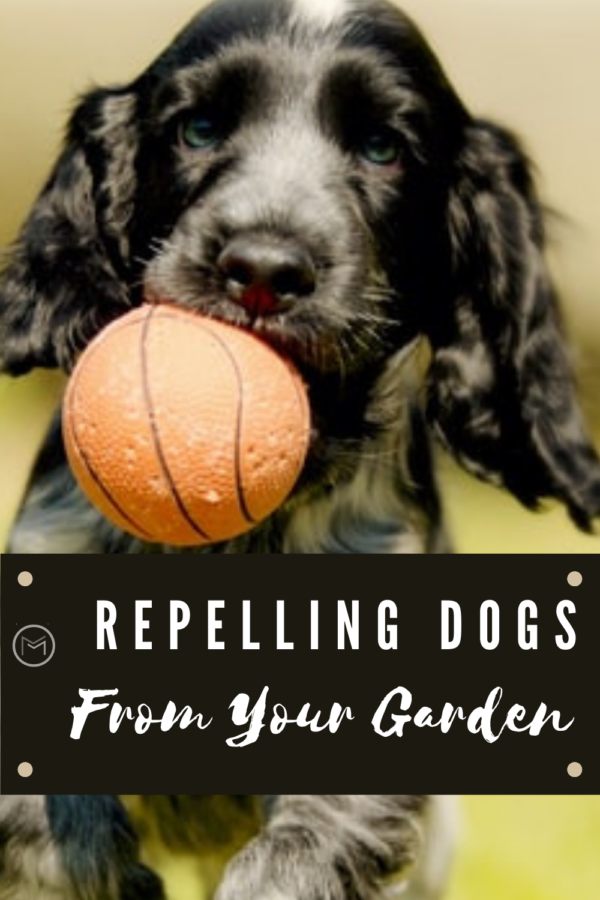
Use Citrus Peels
Citrus peels from fruits such as oranges are unpleasantly bitter to most animals. And, dogs don’t like anything bitter. To keep your dog away, consider scattering citrus peels around the garden. Furthermore, you can also repel cats from your garden by using citrus peels. They don’t like the smell of citrus either.
This tip can be more effective if you mix the peels with coffee grounds. It can create an even more powerful and bitter dog-deterrent solution. Also, make it a habit to replace the peels regularly to ensure the method remains effective.
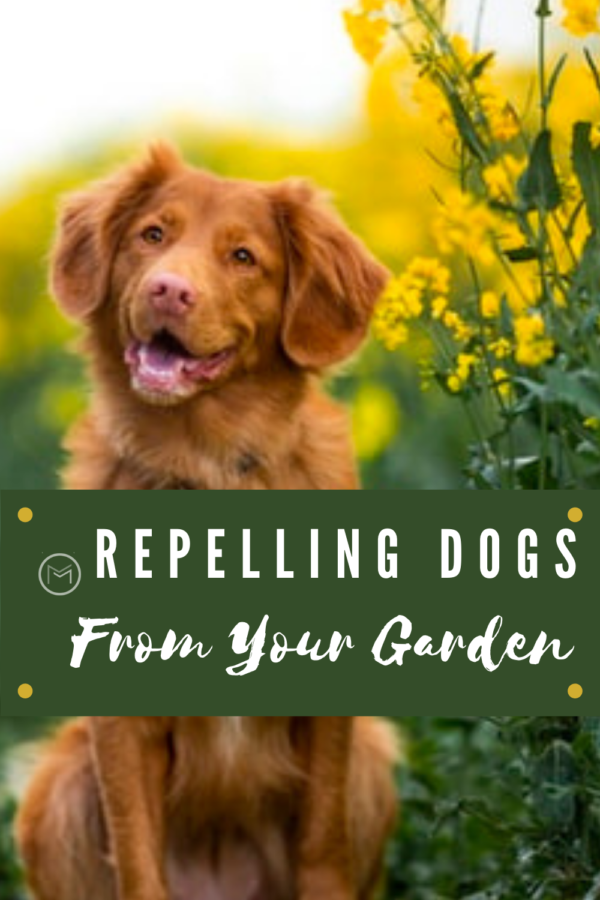
Invest in Motion-Activated Sprinklers
Neither cats or dogs like water. Therefore, this can be an effective way to pet-proof your garden. It would be best to invest in a sprinkler system that activates when your garden is being approached. If any domestic animal approaches the garden, the sprinklers will activate, rendering them wet, thus fleeing from the garden.
There are probably tons of ways to handle this battle effectively. Just determine the most effective way of repelling dogs from your garden and stick to it. If necessary, experiment with a few of my suggestions until you find one that works.
